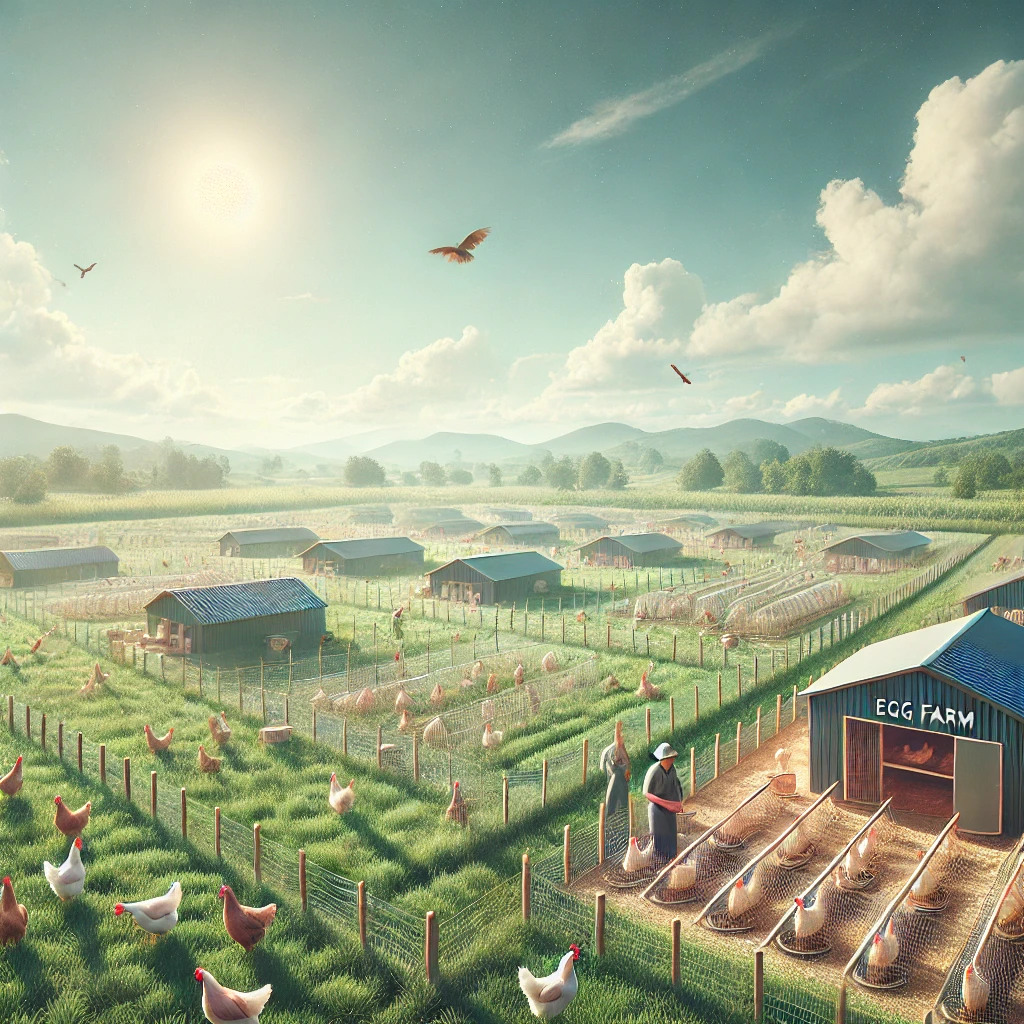As egg prices in the United States hit record highs, the U.S. Department of Agriculture (USDA) is looking at Canada, where eggs remain plentiful and affordable, sparking interest in understanding the differences in egg production between the two nations.
In Canada, consumers can pick from an array of egg types, with no shortage in sight. “We have not had any shortage of eggs,” notes Mike von Massow, a food economist at the University of Guelph in Ontario. “We can choose from 14 different types of eggs.” This variety stands in stark contrast to the situation in the U.S., where the avian flu and containment efforts have decimated millions of egg-laying chickens, prompting supermarkets to limit purchases and restaurant chains like Denny’s and Waffle House to implement surcharges on egg dishes.
While U.S. consumers face shortages and rising prices, Canadians continue to enjoy a stable supply. “I get calls from reporters here in Canada and they say, ‘We’re hearing all this about eggs,'” von Massow explains. “And I say, ‘Well, that’s in the U.S. It’s not happening here.'”
The resilience of Canada’s egg supply can be attributed to several factors. Canadian farms are typically colder due to the climate, resulting in more tightly sealed barns that prevent the entry of the flu virus carried by wild birds. Additionally, there are fewer free-range chickens in Canada, which are more susceptible to the disease. Another significant difference is the scale of egg farming; Canadian egg farms are generally smaller; average Canadian farm has about 25,000 laying hens, whereas U.S. farms can house over a million. This smaller scale means that when a flu outbreak occurs at a Canadian farm, the impact is less widespread.
The rise of agribusiness in the U.S. has led to a significant increase in farm size since the late 1990s, driven by competitive pressures to lower costs and produce large volumes. “These companies aren’t making tons of money per egg,” states Jada Thompson, a poultry economist from the University of Arkansas. “They’re selling a lot of eggs.” While this model has traditionally meant lower prices for U.S. consumers, it comes with drawbacks, particularly evident during disease outbreaks where a single affected farm can impact a large segment of the national supply.
In the first two months of this year alone, over 40 commercial egg farms in the U.S. experienced avian flu outbreaks, resulting in the culling of more than 28 million chickens—approximately 9% of the national egg-laying flock. The recovery is slow, as it takes at least six months for new chicks to mature into laying hens.
The centralized nature of the U.S. food supply chain also poses risks beyond egg production. Recent disruptions in a few large slaughterhouses and a single baby formula factory have shown how vulnerable the system is to price spikes and shortages. In contrast, Canada’s approach keeps farms smaller and less prone to catastrophic impacts, supported by a supply management system that assures even small farms a viable income without the pressure to scale up massively. This system also restricts U.S. imports, a point of contention in ongoing trade discussions.
As the U.S. grapples with how to stabilize egg prices and supply, one temporary solution being considered is increasing egg imports. However, the differences in agricultural practices highlighted by the current crisis may prompt a deeper reevaluation of the U.S. approach to farming and food security.
